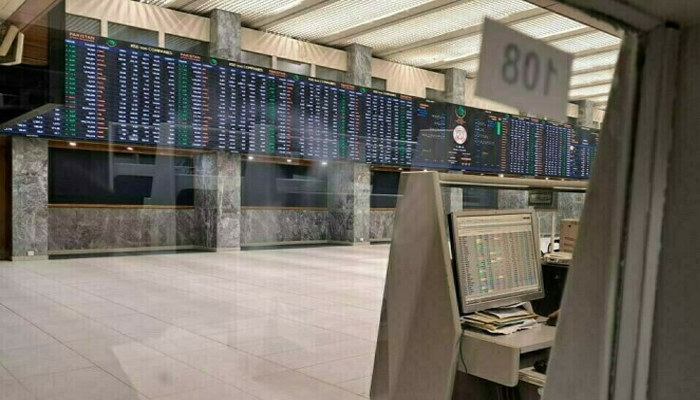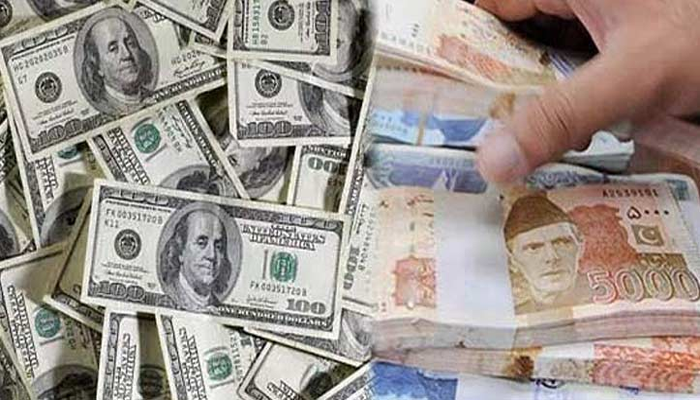The State Bank of Pakistan’s (SBP) foreign exchange reserves fell below $7 billion for the first time in the current fiscal year, posing challenges for the government to stabilise the exchange rate and meet debt servicing obligations.
The SBP on Thursday reported a $136 million decline in reserves to $6.904bn due to debt repayments.
This outflow of dollars brought the total SBP reserves to a five-and-a-half-month low during the current fiscal year, decreasing from the peak of $8.759bn in July FY24. Since then, reserves continuously declined, with the SBP losing $1.855bn from July to Dec 15.
SBP reserves are decreasing as the government falls short of the borrowing target set for the current fiscal year. The latest data from the Pakistan Bureau of Statistics showed a 51 per cent shortfall in external borrowing, with $4.3bn raised compared to the $24.2bn target, and a $10bn five-month target.
Experts and analysts said that there is little chance of improvement in the domestic situation, primarily due to the upcoming general elections on Feb 8, 2024. This uncertainty hampers the government’s ability to engage the international market and launch bonds to raise dollars. They also believe that after general elections, the formation of government would take up to three months, which means the rest of the current financial year will remain under the tight grip of uncertainties.
Bankers believe that the current account, which posted a surplus in November but witnessed a deficit of $1.16bn in the first five months of this fiscal year, will exceed expectations. However, the SBP and the Ministry of Finance anticipate the current account deficit (CAD) to remain within $4bn.
An analyst said the prediction of the government and the SBP is out of context without considering the uncertainties related to the elections and the country’s inability to raise funds from the international market.
The major sources of inflows are also not in favour of the country. Remittances during the five months were down by 10.3pc, while exports increased by just 1.9pc. At the same time, foreign direct investment (FDI) improved by 8pc, but the amount was just $656m. The contribution of FDI as a source of foreign inflow is almost negligible. The country has already lost $1.27bn in remittances during these five months.
The country’s overall reserves stood at $12.068bn, including $5.163bn held by the commercial banks during the week under review.






